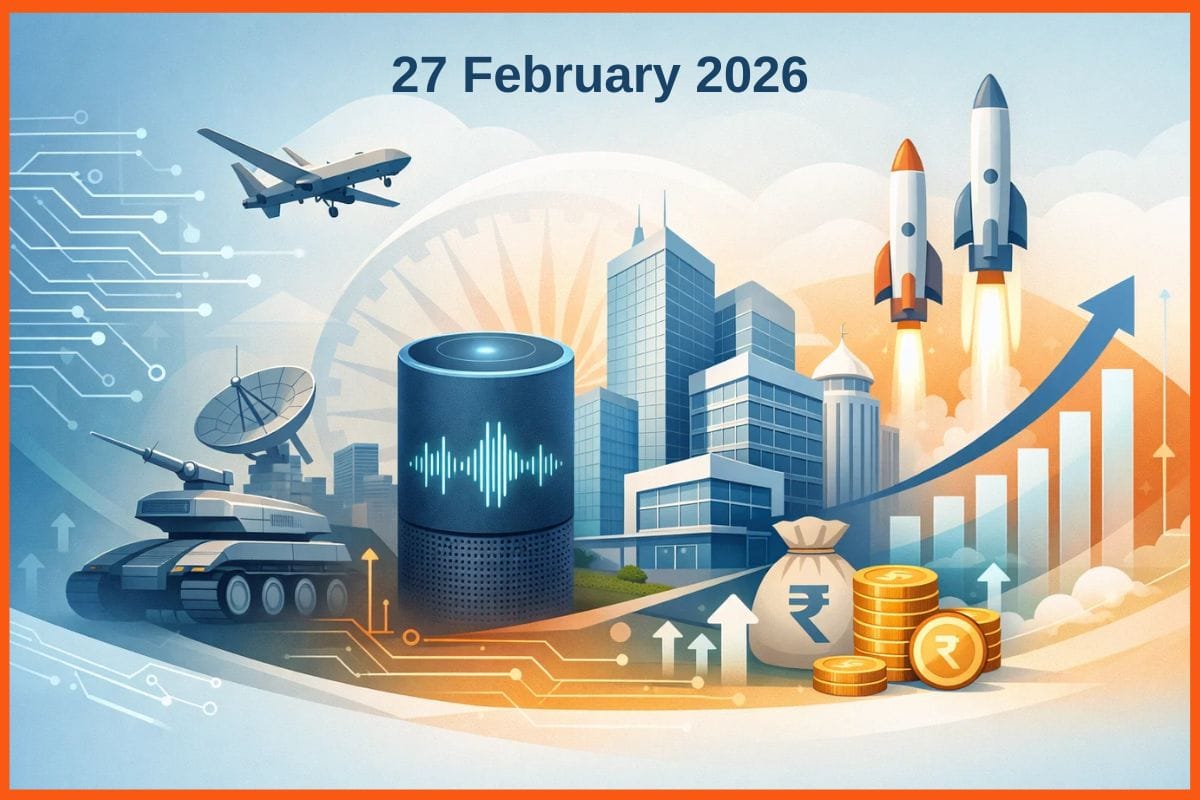Are AI and ML Potent Enough to Take Human Jobs?
🔍Insights
The question of whether AI and ML are powerful enough to displace humans from the workforce is hotly contested. Some in society worry that this shift will eventually put people out of work, while others see it as a way to help people out and make their careers better. One recent study that sheds insight on the possible effects of AI on the US employment market is "Generative AI and the Future of Work in America" done by McKinsey Global Institute. The research claims that people will have to seek out new career prospects across a variety of sectors as a consequence of artificial intelligence and shifting consumer behaviors. According to the research, artificial intelligence (AI) might account for 30 percent of US labor hours by 2030, significantly speeding up economic automation.
To increase productivity, the paper claims that AI will eventually replace humans in all occupations that necessitate automation, including data collecting and repetitive operations. The office support, customer service, and food service industries stand to be the most affected by the AI transformation. By 2030, the research predicts that 12 million more people may need to change careers in the United States alone.
In addition to a potential loss of 830,000 employment for retail salespeople, 710,000 for administrative assistants, and 630,000 for cashiers, the report predicts that demand for clerks might fall by 1.6 million jobs. Automated systems can efficiently handle the high share of repetitive tasks, data gathering, and rudimentary data processing that these positions involve, according to the paper.
Altering the Character of Employment
A World Driven by AI that Empowers All
Upcoming Employment Opportunities Brought Forth by AI
Altering the Character of Employment
Contradicting the above information, the International Monetary Fund’s report states that a significant portion of the world's workforce is involved with AI. While IT and automation have mostly affected low-skilled occupations in the past, AI stands out due to its capacity to affect high-skilled occupations as well. Therefore, compared to emerging markets and developing countries, advanced economies have more hazards from AI and more potential to gain from it.
Artificial intelligence has the potential to affect 60% of jobs in developed economies. The potential for artificial intelligence to increase productivity in almost half of the exposed jobs is substantial. The other side of the coin is that AI apps might conduct crucial human-only jobs, which would diminish the demand for labor, which in turn could cause wages to fall and hiring to slow down. Some of these positions might go away entirely in the worst-case scenario.
Nevertheless, many specialists believe that the recent surge in artificial intelligence occurred following the global pandemic. As a result of people realizing they could get their work done without physically visiting an office, the new work-from-home culture emerged and a plethora of advancements occurred in the artificial intelligence field.

A World Driven by AI that Empowers All
The urgency for lawmakers to take action is heightened by the rapid integration of AI into enterprises globally.
Digital infrastructure, human capital and labor-market strategies, innovation and economic integration, regulation and ethics, and the AI Preparedness Index were developed by the International Monetary Fund to assist nations in formulating appropriate policies.
For instance, factors like the percentage of the population covered by social safety nets, the number of years of schooling, and job-market mobility are assessed within the human capital and labor-market policy component. How well a country's legal system accommodates digital business models and whether there is robust governance to ensure effective enforcement are evaluated in the regulation and ethics component.
A total of 125 nations were evaluated by the International Monetary Fund personnel using the index. The results show that low-income countries are less prepared to adopt AI than wealthier economies, including advanced and even emerging market economies. However, there is a lot of variety across countries. Based on their exceptional performance in all measured categories, Singapore, the United States, and Denmark achieved the top ratings on the index.
Upcoming Employment Opportunities Brought Forth by AI
Artificial intelligence is not going to supplant humans in employment any time soon. Automating routine, predictable, and rule-based tasks is where AI shines. But jobs requiring imagination, compassion, and social skills are still better suited to people.
However, artificial intelligence will most certainly change the way people work. Some occupations, including those in manufacturing and customer service, are already being supplanted by AI-driven automation. An increasing number of employment will probably be automated as AI technology advances.
Unemployment rates could rise as a result, particularly for people lacking expertise in the fields where AI is most developed. Keep in mind, though, that AI also generates employment opportunities. Workers with expertise in artificial intelligence system development and maintenance, for instance, are in high demand.
In general, AI is expected to have a mixed effect on the workforce. There will be some employment losses, but there will also be some job gains. To prepare employees for the AI-driven economy, it is critical to spend on their education and training. To thrive in the AI-driven economy, workers must have the necessary skills. Skills like creativity, problem-solving, and teamwork are part of this, as are STEM (science, technology, engineering, and math) subjects.
To help those who lose their employment because of AI, governments should create new social safety nets. Assistance with finding work, retraining, and unemployment compensation are all examples of what may fall under this category.

Must have tools for startups - Recommended by StartupTalky
- Convert Visitors into Leads- SeizeLead
- Website Builder SquareSpace
- Run your business Smoothly Systeme.io
- Stock Images Shutterstock







